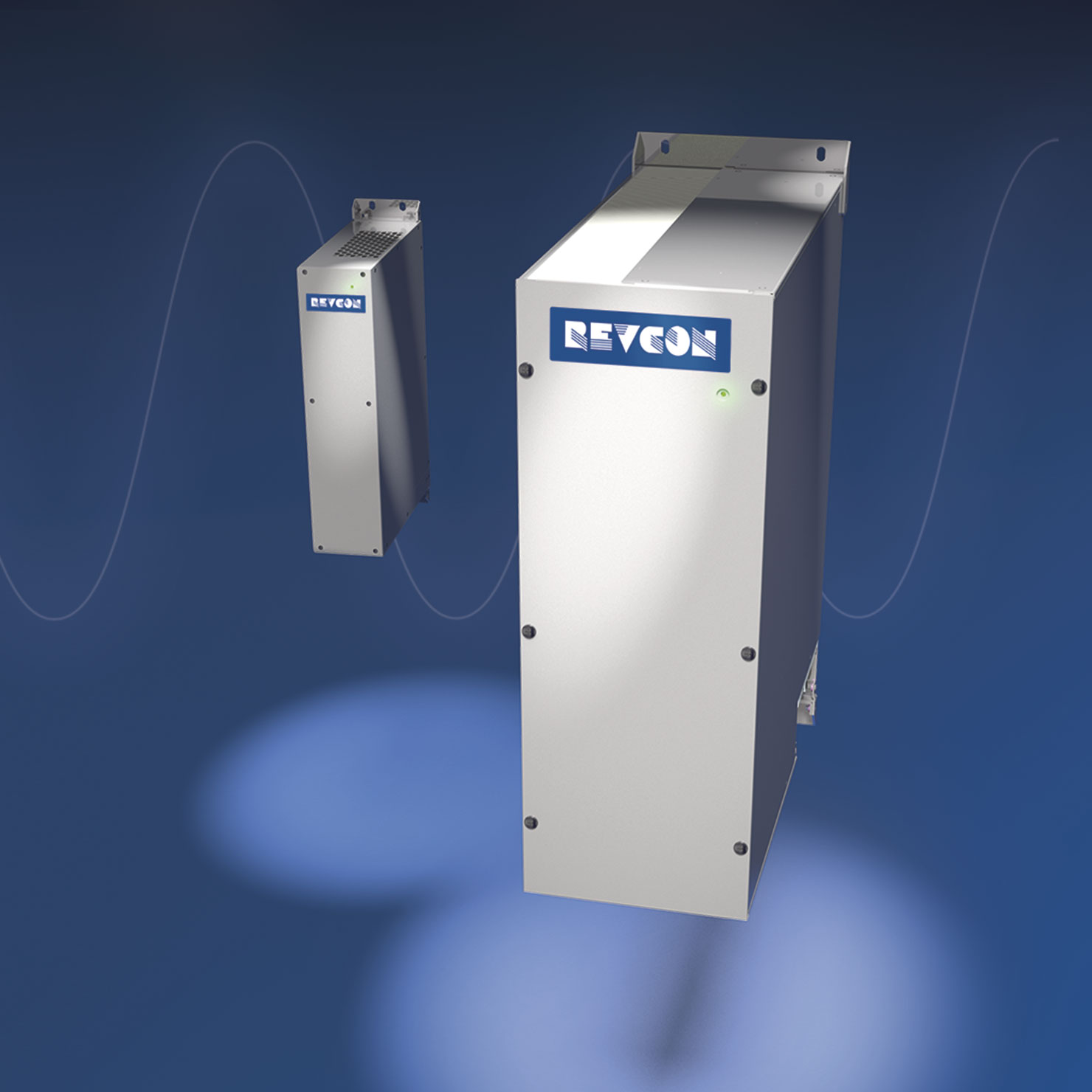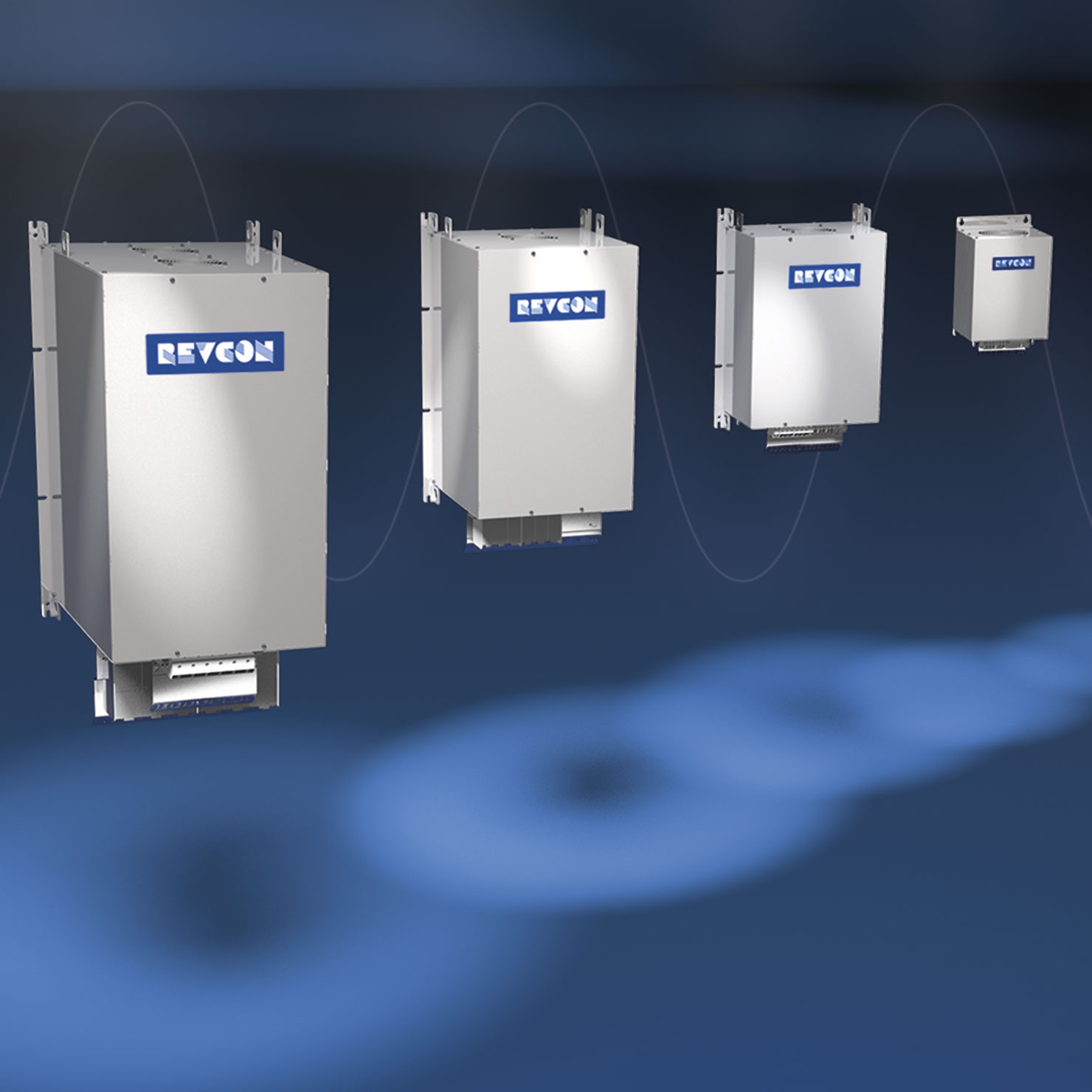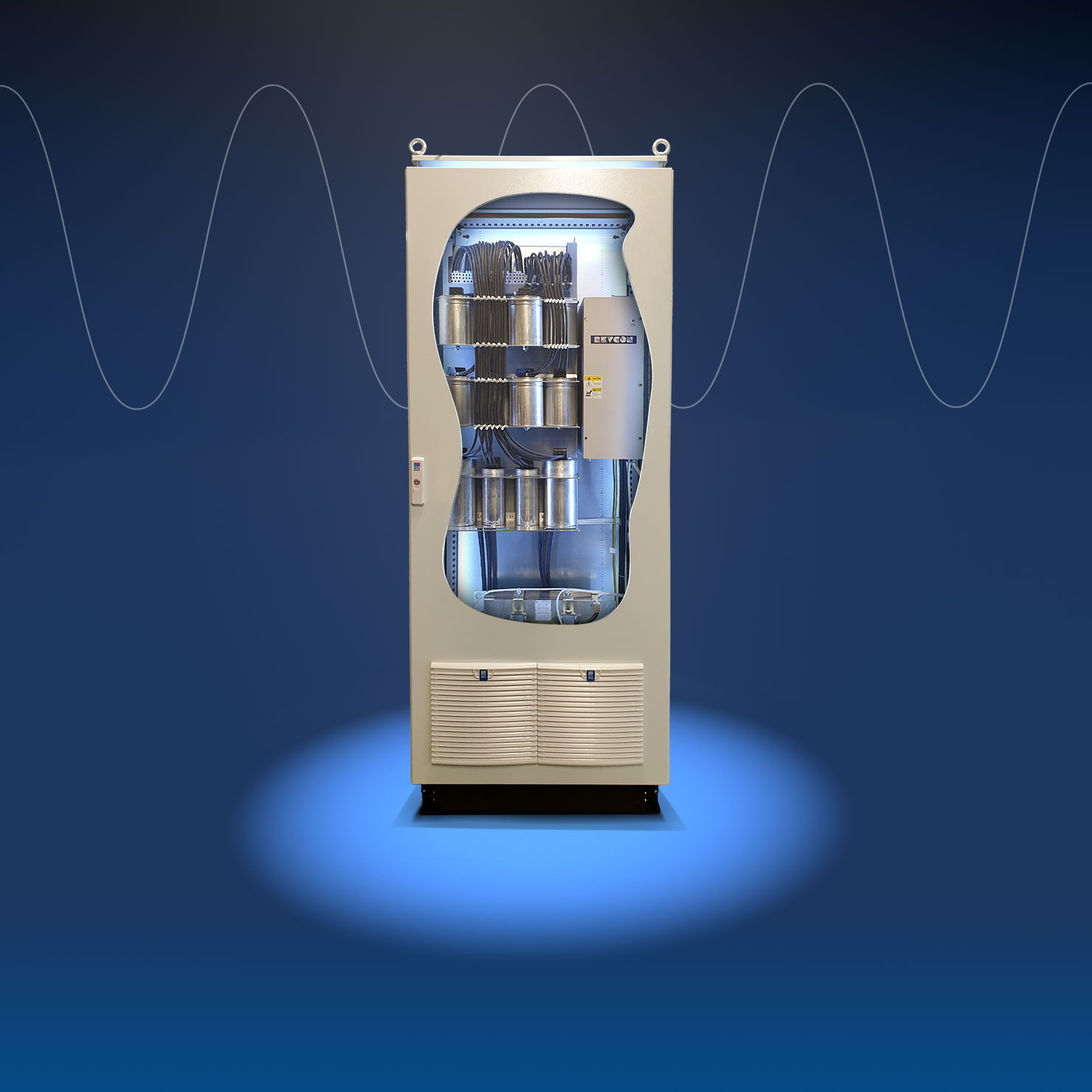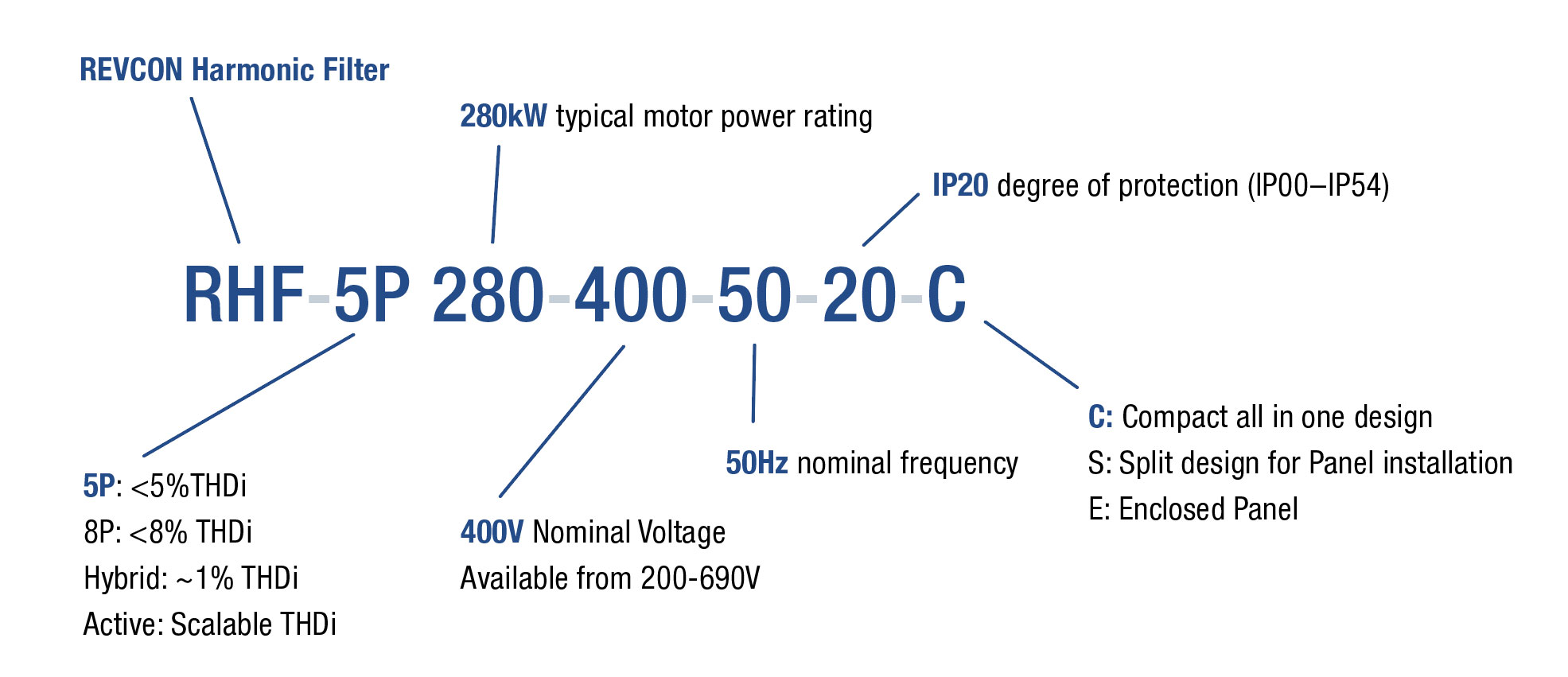
RHF-Active
Highly efficient active harmonic filter

RHF-Passiv
RHF-5P und RHF-8P – highly efficient passive harmonic filters

The NEW RHF-Hybrid
Combines the advantages of passive and active harmonic filters

|
Application |
RHF-8P <8% THDi |
RHF-5P <5% THDi |
RHF-Hybrid ~1% THDi |
RHF-8Pctive Scalable |
|
Vaiable Frequency Drives – VFD |
Yes |
Yes |
Yes |
Yes |
|
Water and wastewater treatment |
Yes |
Yes |
Yes |
Yes |
|
HVAC |
Yes |
Yes |
Yes |
Yes |
|
Pumps and Fans (VFD) |
Yes |
Yes |
Yes |
Yes |
|
Industrial/ Factory Process (VFD) |
Yes |
Yes |
Yes |
Yes |
|
DC charger |
Yes* |
Yes* |
Yes |
Yes |
|
Buildings |
Yes |
Yes |
Yes |
Yes |
|
Data Center (power supply) |
No |
No |
Yes |
Yes |
|
IEEE 519-2014 requirement |
Yes* |
Yes |
Yes |
Yes |
|
Marine |
Yes |
Yes |
No |
No |
|
IEEE 519-2014 specified application |
Yes |
Yes |
Yes |
Yes |
|
Electronically comutated / EC Motor |
No |
No |
Yes |
Yes |
|
Non symetrical Load |
No |
No |
No |
Yes |
|
Symetrical load multiple VFD |
Yes |
Yes |
Yes |
Yes |
|
Symetrical load multiple equimpment |
No |
No |
No |
Yes |
|
Displacement factor correction („pf“) |
No |
No |
No |
Yes |
|
Unbalance compensation |
No |
No |
No |
Yes |
Ideally all loads and sources have a pure sinusoidal current waveform. But unfortunately the true waveform of most equipment is very different. Nonlinear loads like for example the diode input bridge of a 6 pulse drive, are causing a distortion of the mains voltage. This distortion typically evaluated by the Total Harmonic distortion THD, evaluates frequencies from the 2nd up to the 40th harmonic. In a 50Hz Network this is the area between 100Hz and 2kHz.
The impact of the voltage distortion is diverse, and the most typical effect is overheat of transformer and PFC applications (Capacitor banks). Underestimated impacts of harmonic distortion is the significantly reduced lifetime expectation of electrical and mechanical equipment.
The Revcon Harmonic Filter (RHF) avoids the harmonic distortion of nonlinear loads and sources. The filter is not tuned to a specific frequency, but works like a bandwidth filter, reducing all frequencies up to the 50th harmonic. The RHF filter reduces the Total Harmonic Distortion of the current (THDi) to a level significantly below 5%. This is necessary to reach various standards, for e.g. IEEE 519-2014, who are getting more and more common.






